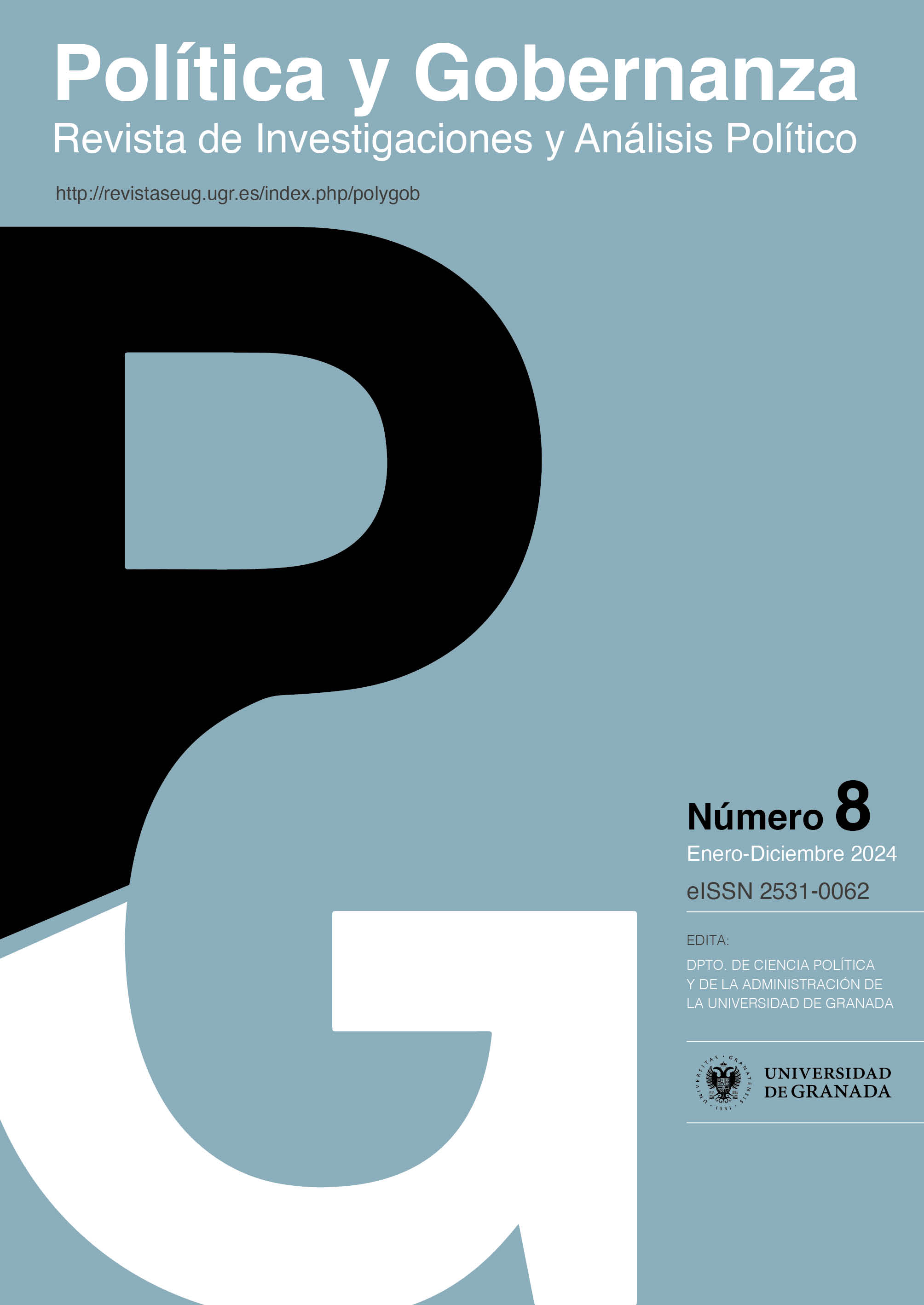From Crisis to Change: The Valencian Case
Main Article Content
Abstract
The article proposes a theoretical model of the economic crisis-political crisis-political change sequence in democratic contexts and applies it empirically. The model emerges from an eclectic theoretical framework that combines various elements into a complex structure. The research strategy is based on a typical case study, aimed at testing the theory. For the analysis, the case of Valencia is selected, where the phenomenon to be explained is identified. Process tracing is selected as the analytical method. The analysis demonstrates how the economic crisis derived from the recession, combined with other endogenous factors within the Valencian political system, escalated into a political crisis. This political crisis, in turn, led to political change in 2015, which was reflected in the transformation of the party system and a governmental change. The temporal scope of the political change of 2015 is evaluated, and its end is set after the 2023 regional elections.



